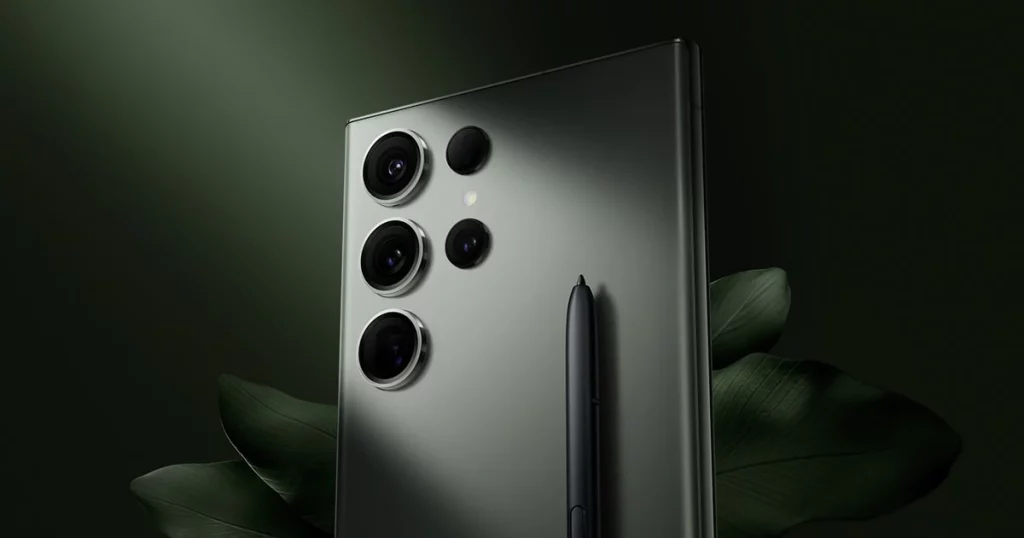Samsung’s Galaxy S series smartphones are well-known for their high-end cameras, which are some of the best in the smartphone market. The latest Galaxy S models, including the Galaxy S23 lineup, feature cameras with a range of advanced features, such as 8K 30fps video recording, 200x Space Zoom, and a variety of different lenses for different shooting scenarios. The cameras on these phones also offer exceptional low-light performance, with large sensors and advanced processing algorithms that allow for stunning low-light photography. Samsung’s Galaxy S series cameras have earned high praise from professional photographers and everyday users alike, making them a top choice for anyone looking for a smartphone with a powerful camera. This time around, however, Samsung seems to be taking it easy with the Galaxy S24 dropping next year, since leaks surrounding its camera setup hint towards no special upgrades over the current Galaxy S23 Ultra’s camera.

According to a tipster, the two new models, Galaxy S24 and S24+, will retain the same 50MP Samsung GN3 sensor used in the previous three years. However, the larger and more expensive Galaxy S24 Ultra will continue to feature the 200MP Samsung HP2 sensor that impressed users with the S23 Ultra. While the Ultra model is set to retain its exceptional camera performance, it’s disappointing to see no major improvements for the other models. In contrast, rivals like Oppo are introducing innovative ideas like the “all cameras are equal” concept, using three 50MP sensors for periscope cameras that produce breathtaking zoom quality results, especially in low light.
The limitations of a smartphone’s form factor and the law of diminishing returns are two factors contributing to the slowdown in camera innovation for smartphones. As camera technology has improved over time, the gains in image quality and features have become smaller and less noticeable to users, which may impact manufacturers’ willingness to invest in research and development. Additionally, consumers may not want to pay for more advanced camera technology, and smartphone manufacturers may prioritize other features like battery life, processing power, and 5G connectivity over cameras. Despite these challenges, manufacturers are still making incremental improvements to their camera hardware and software to deliver better image quality and advanced features. Samsung will need to step up its camera game to compete with the growing competition in the smartphone market.
RELATED:
- Upcoming Ferraris will boast a Samsung-made display
- Samsung Galaxy S23 owners may be disappointed with slower wireless charging speeds
- Best Smart Lights in 2023 – Philips, TP-Link, Govee & More
(Via)







